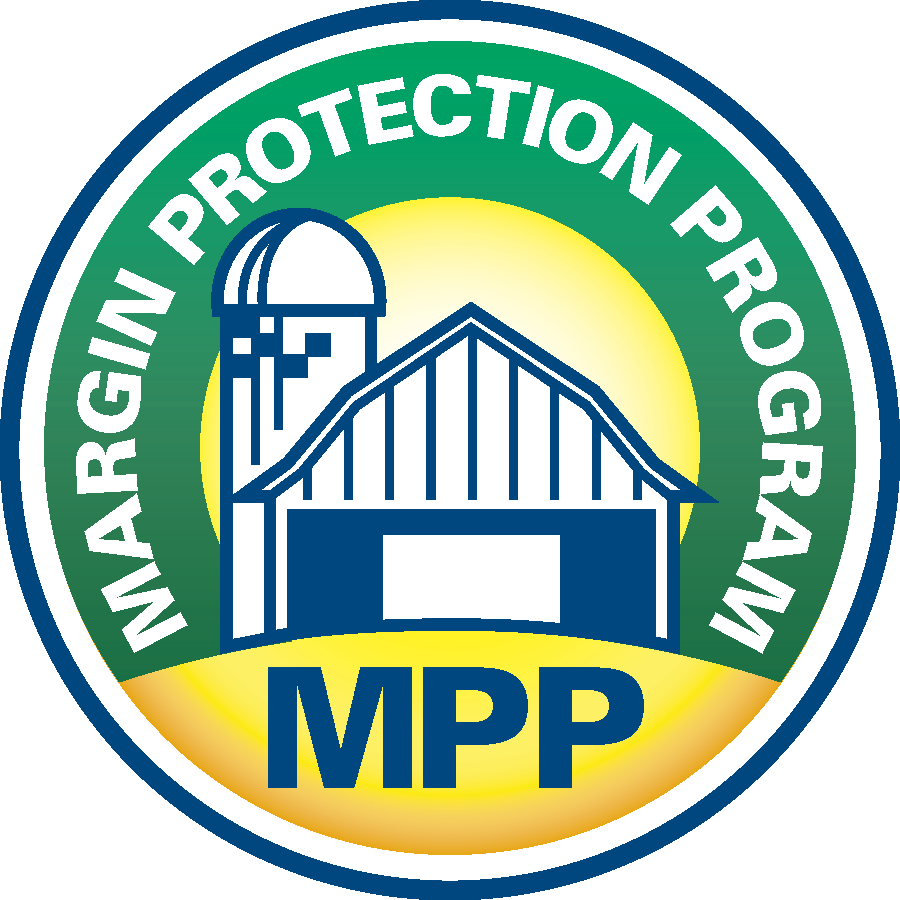Dairy Safety Net Bolstered by Congressional Spending Bill
March 1, 2018

After Congress made significant improvements last month to the dairy safety net at the request of NMPF, National Milk is now urging U.S. Department of Agriculture (USDA) Secretary Sonny Perdue to move swiftly to re-open 2018 enrollment for the Margin Protection Program (MPP) so farmers can take advantage of the program in the face of challenging on-farm economic conditions.
Congress passed a major supplemental assistance bill on Feb. 9 that contained $1.2 billion in budget authority to both strengthen the MPP and remove the annual budget cap on the Livestock Gross Margin (LGM) program for dairy. NMPF had worked with leaders in Congress for nearly a year to find the budgetary resources to implement necessary improvements to the MPP, a program which has failed to offer meaningful safety net support to farmers in its first three years of operation. The budget package approved last month will allow farmers to insure more of their milk production history at a lower cost. It also eliminated the $20 million annual cap on all livestock insurance programs, including the LGM. This will allow USDA to offer additional risk management tools for dairy producers.
Following the spending bill’s passage, NMPF requested that USDA act quickly to educate producers about the changes to the MPP and re-open the sign-up period to obtain coverage for the full calendar year 2018. That window had closed in mid-December, but the breadth of improvements to the MPP should prompt farmers to reconsider how the program may benefit them in the coming months.
“Congress was clear that dairy farmers can re-enroll in the MPP if they dropped out after last year,” said Jim Mulhern, president and CEO of NMPF. “They can also change their coverage levels for 2018 if they are only utilizing the catastrophic coverage provided at the basic administrative fee level of $100. Given the difficult economic situation facing dairy farmers in 2018, the assistance provided by these changes is badly needed.”
NMPF has also emphasized that MPP coverage under the new provisions set by Congress must be retroactive to the beginning of January. This will ensure the changes provide farmers protection during a period when margins will likely be below the $8 coverage threshold. It is imperative that “coverage be available during the worst of the low-margin conditions in 2018, which market forecasts indicate will occur in the first half of the year,” Mulhern said.
In addition to making the LGM program more attractive by removing the $20 million program cap, the disaster package made the following changes to the MPP:
• Raised the catastrophic coverage level from $4.00 to $5.00 for the first tier of milk production history for all dairy farmers;
• Adjusted the first tier of covered production to include every dairy farmer’s first 5 million pounds of annual milk production history, instead of 4 million pounds;
• Reduced the premium rates for every producer’s first 5 million pounds of production to better enable dairy farmers to afford the higher levels of coverage;
• Modified the margin calculation to a monthly (from bi-monthly) basis; and
• Waived the annual $100 administrative fees for underserved farmers.
“These changes enact three out of the four goals developed last year by NMPF: reducing MPP premiums, shifting to a monthly margin calculation, and expanding access to other risk management tools,” Mulhern said. “We’re now working with Congress on our major remaining goal: addressing shortcomings in the current margin calculation that understate actual feed costs. There are different ways to accomplish this needed fix, and we’re working with lawmakers to address it in the 2018 farm bill.”
Mulhern said the dairy safety net improvements enjoyed strong support from numerous members of both the House and Senate. “In particular we want to thank Sens. Patrick Leahy (D-VT) and Debbie Stabenow (D-MI) for spearheading these reforms to the MPP, as well as Sens. Thad Cochran (R-MS) and Pat Roberts (R-KS) for helping ensure their passage. We also very much appreciate the House-led efforts of Reps. Mike Conaway (R-TX) and Collin Peterson (D-MN) for crafting important language to remove the existing cap on livestock insurance products,” Mulhern said.






